Top 10 Poultry Processing Equipment Manufacturers
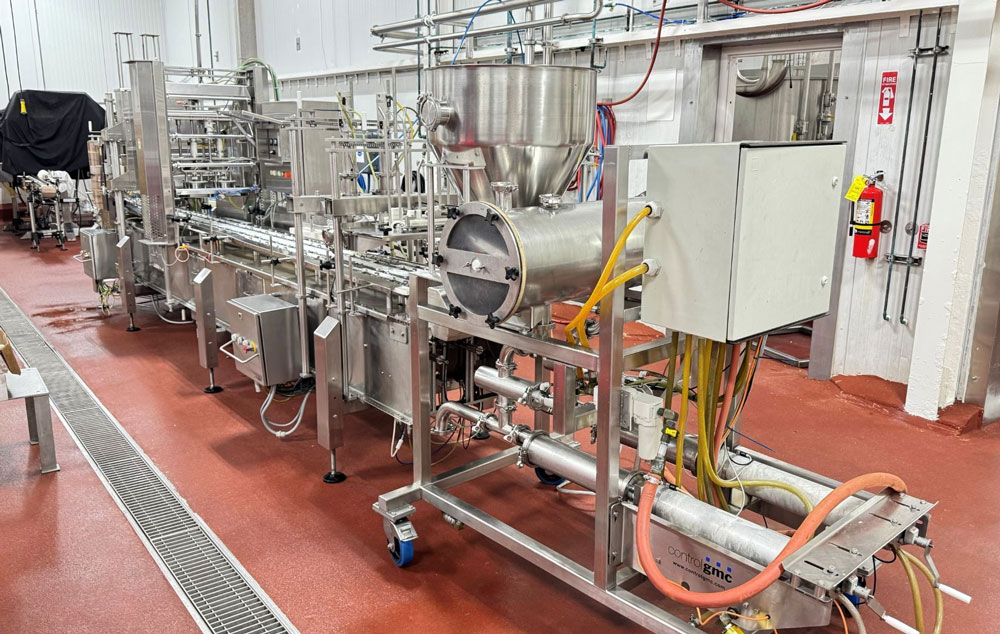
1. Introduction
In the fast-growing poultry industry, efficient processing equipment is the foundation of success. From slaughtering and evisceration to chilling, cutting, and packaging, every stage requires precision machinery that ensures food safety, high yield, and consistent quality.
Choosing a professional poultry processing equipment manufacturer is not just about buying machines — it’s about investing in long-term productivity, compliance, and brand reputation. Whether you’re running a chicken, duck, or turkey processing plant, the right partner helps you improve efficiency, reduce waste, and meet international standards such as HACCP, ISO22000, and GMP.
This article will guide you through the leading manufacturers, key technologies, equipment types, selection criteria, and emerging trends in the global poultry processing machinery market.
2. The Growing Global Poultry Processing Industry
The poultry industry is one of the fastest-growing segments in the global food market. According to recent market reports:
The global poultry processing equipment market was valued at over USD 4.5 billion in 2024.
It’s projected to reach USD 6.8 billion by 2030, growing at a CAGR of 6–7%.
The Asia-Pacific region — led by China, Thailand, and Indonesia — is becoming a major hub for poultry exports, increasing the demand for high-efficiency automated systems.
Key growth drivers include:
Rising global meat consumption and export demand
Increasing automation to reduce labor dependency
Strict food safety regulations
Demand for portion-controlled and value-added poultry products
3. What Does a Poultry Processing Line Include?
A complete poultry processing line typically consists of the following equipment:
| Section | Main Equipment | Function |
|---|---|---|
| Slaughtering | Stunner, bleeding conveyor, scalding tank, defeathering machine | Humane killing, feather removal |
| Evisceration | Vent cutter, opener, eviscerator | Internal organ removal |
| Chilling | Air chiller or water immersion chiller | Reduce carcass temperature to safe level |
| Cut-up and Deboning | Portion cutter, deboning line, fillet separator | Portioning for breasts, wings, thighs |
| Further Processing | Marinating tumbler, coating & frying line | Value-added product preparation |
| Packaging | Vacuum sealer, tray sealer, labeling system | Retail-ready packaging |
| By-product Processing | Feather meal, fat rendering | Waste utilization and recycling |
Modern systems integrate automation, sensors, and vision technology to ensure accuracy and efficiency throughout each stage.
4. Top Professional Poultry Processing Equipment Manufacturers
Below is a list of globally recognized manufacturers that provide reliable, efficient, and technologically advanced poultry processing machinery.
4.1 Marel (Iceland / Netherlands)
Founded: 1983
Core Products: Poultry slaughtering, evisceration, cut-up, and packaging lines
Key Strengths: Advanced portioning systems, data-driven production control (Innova software)
Global Reach: 190+ countries
Highlight: Marel’s automated deboning systems can process up to 15,000 birds per hour, reducing labor dependency significantly.
4.2 Meyn Food Processing Technology (Netherlands)
Founded: 1959
Specialties: End-to-end poultry slaughter and processing solutions
Key Strengths: Modular design, scalable capacity, hygiene optimization
Example: Meyn’s Rapid Plus evisceration system enables high-speed, hygienic processing of 13,500 birds per hour.
Market: Strong presence in Europe, Asia, and Latin America.
4.3 Baader Group (Germany)
Founded: 1932
Specialties: Poultry, fish, and meat processing solutions
Key Strengths: Precision portioning, intelligent cutting systems, and hygiene-oriented designs
Innovation: Baader’s “SmartFillet” technology ensures maximum yield from each chicken breast with minimal waste.
4.4 Qingdao Hongshengyuanlin Co., Ltd. (China)
Founded: 2014
Core Strength: Professional manufacturer of automatic poultry processing lines, including slaughtering, evisceration, chilling, and packaging.
Key Features:
Turnkey factory design & installation
Strong engineering integration and project customization
Cost-effective automation for small and large-scale plants
Compliant with HACCP, ISO22000, and CE standards
Project Example:
A Southeast Asian poultry processing factory improved efficiency by 35% and reduced labor cost by 40% after adopting Hongshengyuanlin’s semi-automatic line.
4.5 GEA Group (Germany)
Founded: 1881
Focus Areas: Poultry portioning, coating, frying, and packaging
Key Technologies: Energy-efficient heat exchangers, hygienic design, fully automated frying systems
Advantage: GEA integrates food safety and process optimization, ensuring consistent quality for global producers.
4.6 Prime Equipment Group (USA)
Founded: 1990s
Specialties: Custom poultry processing machinery for small-to-medium producers
Core Competence: Scalable modular equipment for plants processing 2,000–8,000 birds/hour
USP: Excellent technical support in North America, simple operation, affordable maintenance.
5. Key Features of Professional Poultry Processing Equipment
Automation Integration
PLC-controlled systems reduce manual handling.
Automatic bird counting, weighing, and sorting minimize labor errors.
Hygienic Design
Stainless steel construction, easy to clean surfaces.
Complies with EHEDG and USDA sanitary standards.
Energy Efficiency
Optimized motors, intelligent temperature control systems.
Heat recovery technology for chilling and scalding systems.
Data Tracking and Quality Control
Software-integrated monitoring of yield, line speed, and downtime.
Facilitates traceability for international export compliance.
Flexible Capacity
Lines available for 1,000 to 15,000 birds/hour, suitable for both small processors and industrial-scale facilities.
6. How to Choose the Right Poultry Equipment Manufacturer
Choosing a manufacturer should be based on several key criteria:
| Selection Criteria | Why It Matters |
|---|---|
| Production Scale | Match equipment capacity with your market demand. |
| Automation Level | Determine labor efficiency and ROI potential. |
| After-Sales Service | Ensure spare parts and maintenance are available locally. |
| Certifications | CE, ISO, HACCP guarantee international compliance. |
| Customization | Some manufacturers (like Hongshengyuanlin) offer plant design and engineering integration. |
| Budget and ROI | Consider total cost of ownership, not just purchase price. |
Tip:
If you’re in developing markets (e.g., Southeast Asia or Africa), semi-automatic or modular lines from Chinese manufacturers offer the best balance between cost and performance.
7. Latest Trends in Poultry Processing Equipment
AI and Smart Vision Systems
Cameras analyze bird size, quality, and fat content for precision cutting.
Robotic Deboning and Packaging
Reduces human contact, enhancing food safety.
Eco-Friendly Solutions
Water-saving scalding systems, energy-efficient chilling units.
Data Analytics and Cloud Integration
Enables real-time performance tracking and predictive maintenance.
Modular Plant Design
Easy expansion and customization for new product lines.
8. Benefits of Working with a Professional Manufacturer
Consistent Product Quality: Precision cutting and portioning ensure uniform results.
Improved Food Safety: Hygienic design prevents cross-contamination.
Reduced Labor Cost: Automation can cut manual labor needs by 50–70%.
Higher ROI: Long-term savings through efficiency and reliability.
Global Support: Access to spare parts and service across multiple regions.
9. Real Case Study: Southeast Asia Poultry Project
Client: Mid-sized poultry processing company in Vietnam
Challenge: High labor costs, inconsistent product sizes, and low production speed.
Solution: Adopted Qingdao Hongshengyuanlin’s automated slaughtering and cut-up line (5,000 birds/hour).
Results:
Labor reduced by 45%
Production speed increased by 60%
ROI achieved within 14 months
Compliance with HACCP and ISO22000 standards
10. FAQ – Poultry Processing Equipment Manufacturers
Q1: What capacity should I choose for my plant?
A1: Small-scale producers: 1,000–3,000 birds/hour; Medium-scale: 5,000–8,000; Industrial: 10,000+.
Q2: How do I maintain hygiene in processing?
A2: Use stainless-steel equipment, automatic washing systems, and schedule daily sanitation procedures.
Q3: Which manufacturer offers turnkey solutions?
A3: Qingdao Hongshengyuanlin and Meyn both offer full plant integration, from design to installation.
Q4: What certifications are required for export?
A4: CE, ISO, and HACCP certifications are essential for international trade.
Q5: What’s the lifespan of poultry processing equipment?
A5: 10–20 years with proper maintenance and regular servicing.
Q6: Can I upgrade from semi-automatic to full automation later?
A6: Yes, modular systems from most manufacturers allow future upgrades.
Q7: How to reduce labor cost?
A7: Implement automation, conveyor systems, and robotic deboning to minimize human tasks.
11. Conclusion
Partnering with a professional poultry processing equipment manufacturer ensures your plant runs safely, efficiently, and profitably. Companies like Marel, Meyn, Baader, GEA, and Qingdao Hongshengyuanlin have proven expertise in designing and building poultry processing lines that meet global food safety and production standards.
Whether you’re establishing a new plant or upgrading an existing facility, investing in reliable, hygienic, and automated equipment is the key to long-term success in the competitive poultry industry.
Must-Read Blogs For Chain Restaurants Owner

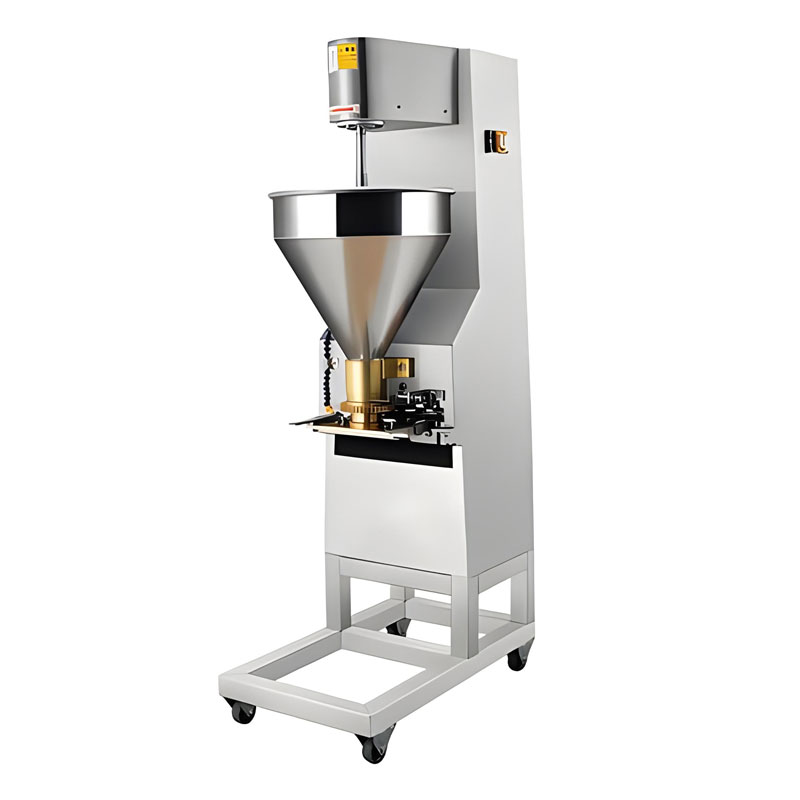
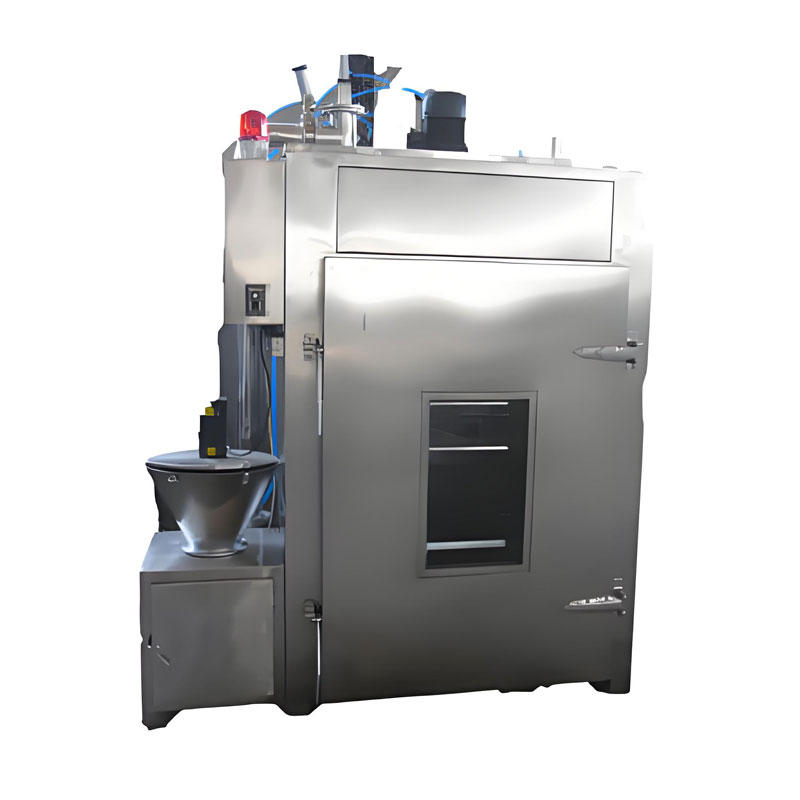
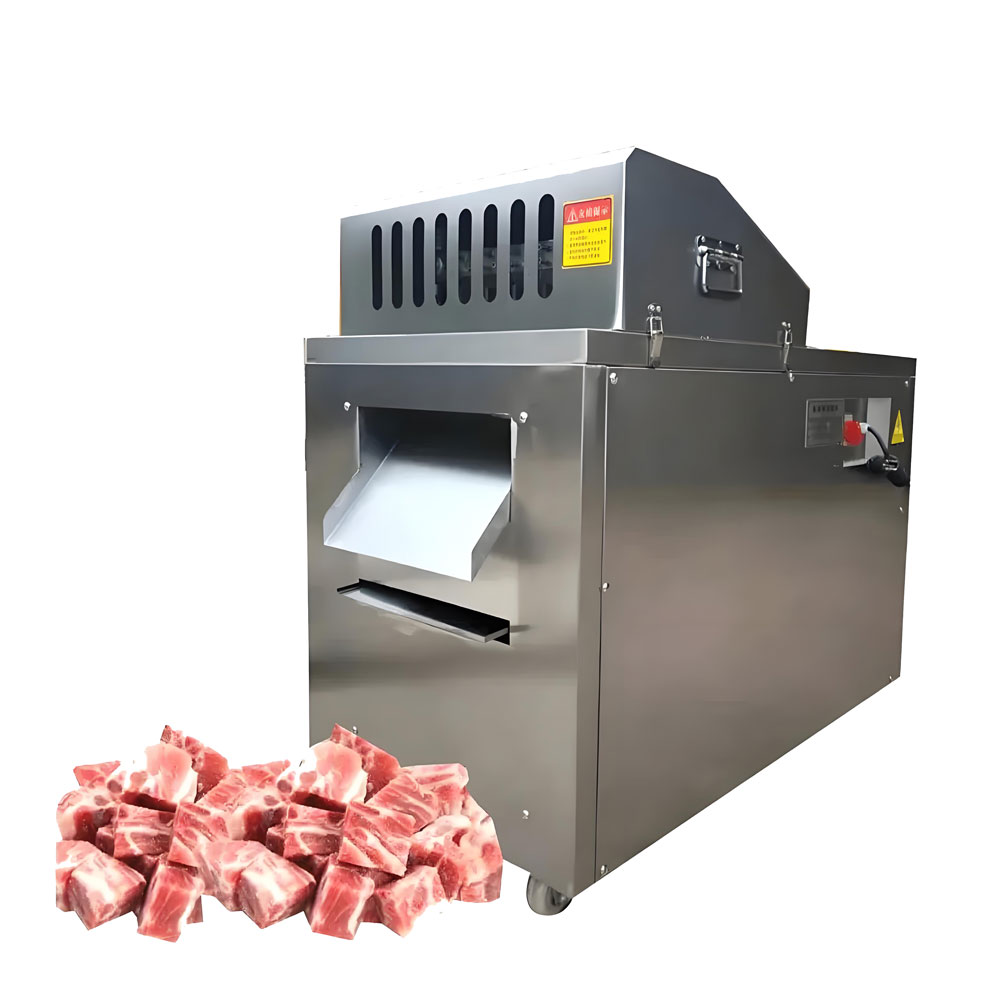
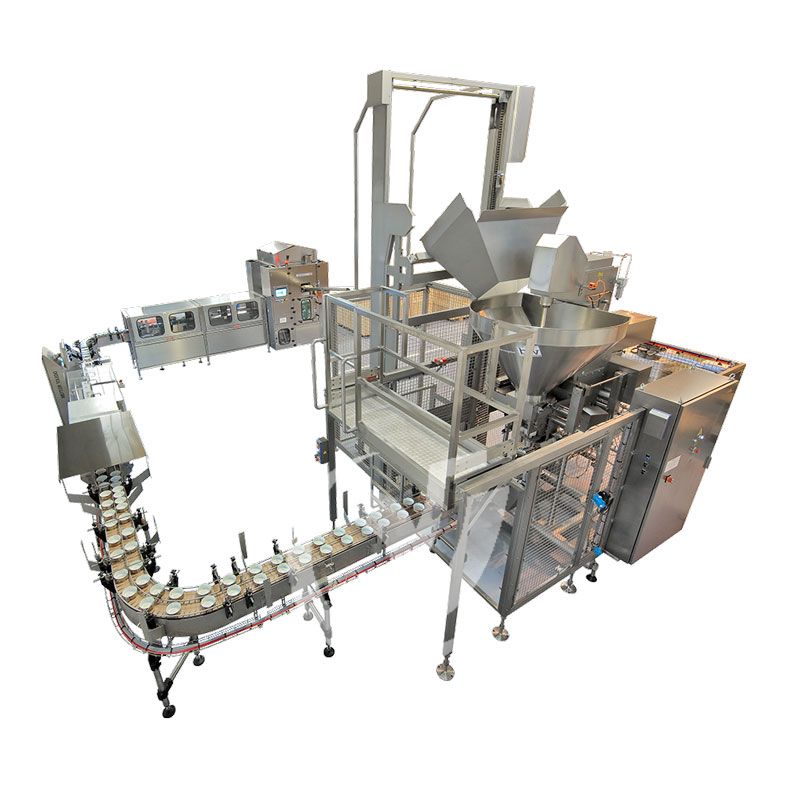

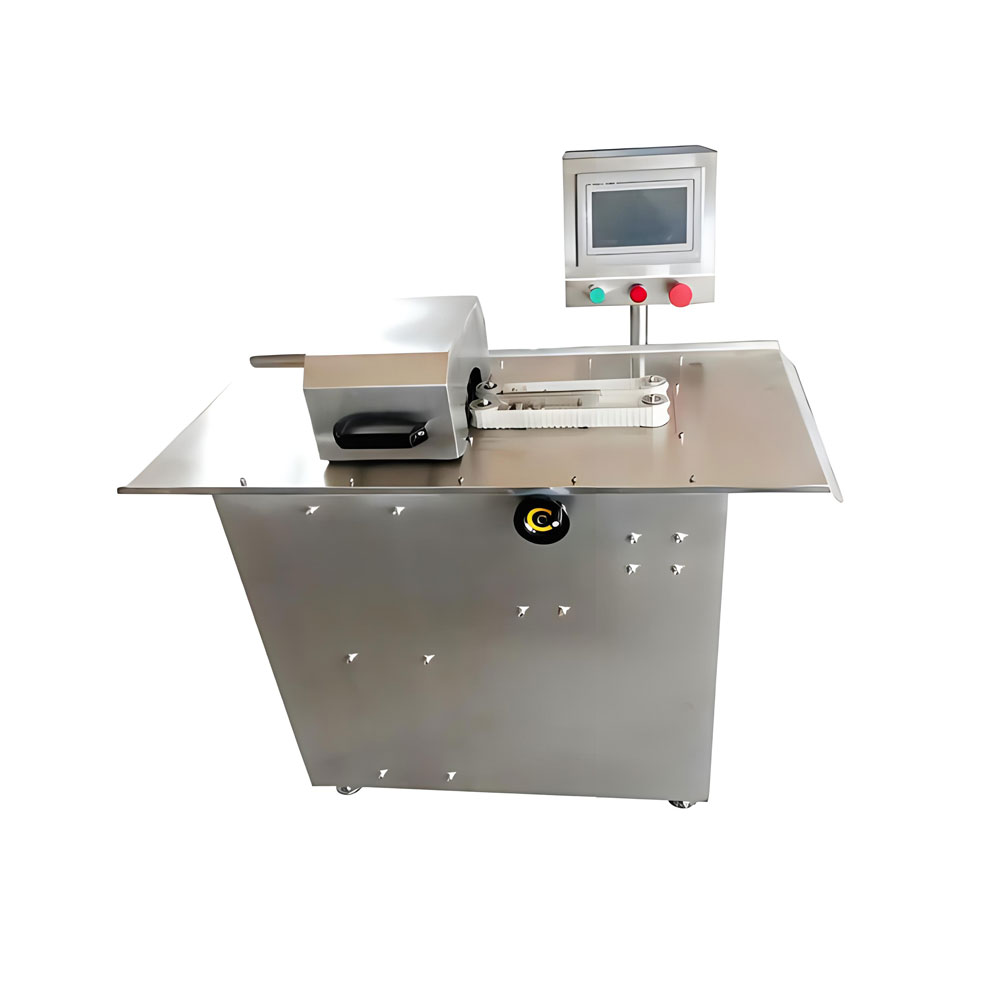
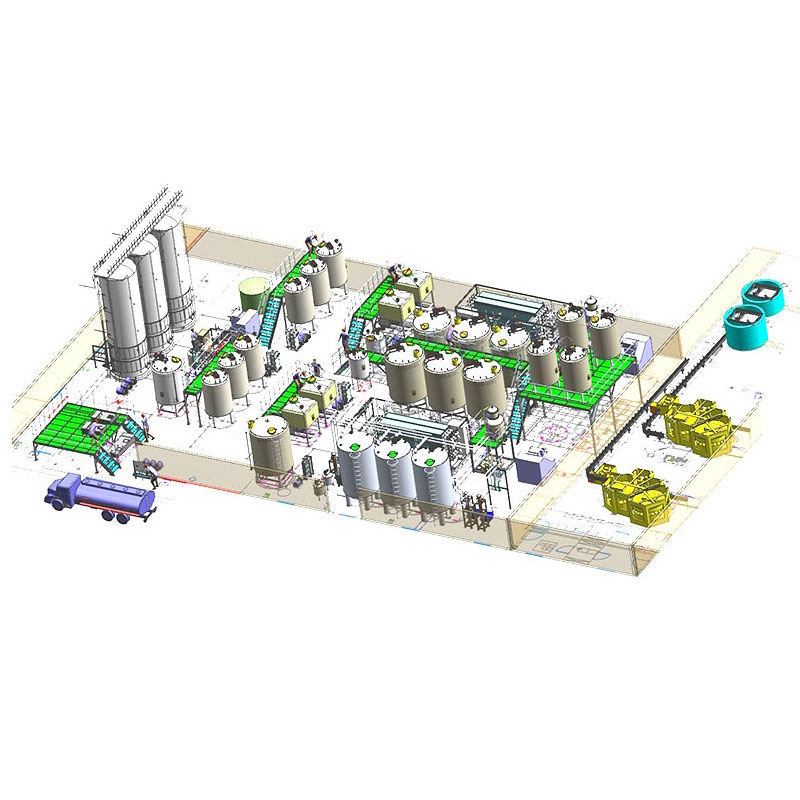
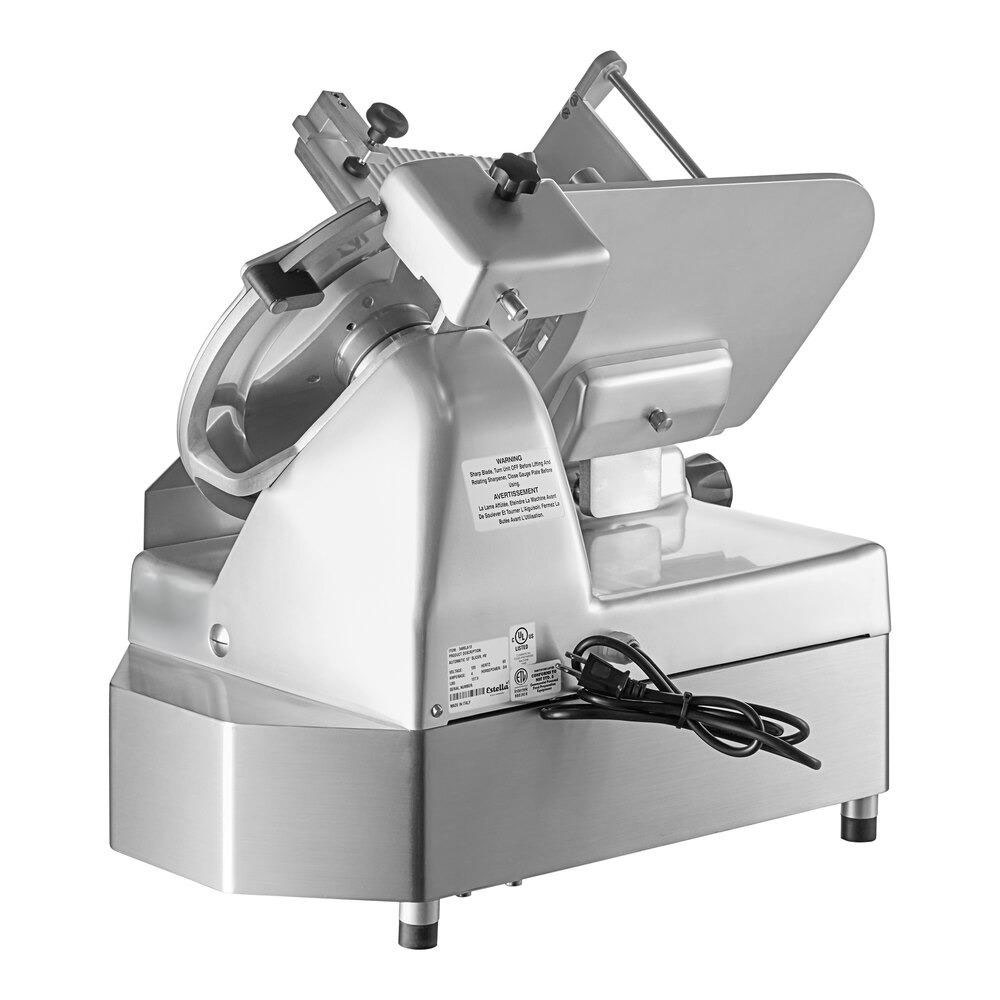
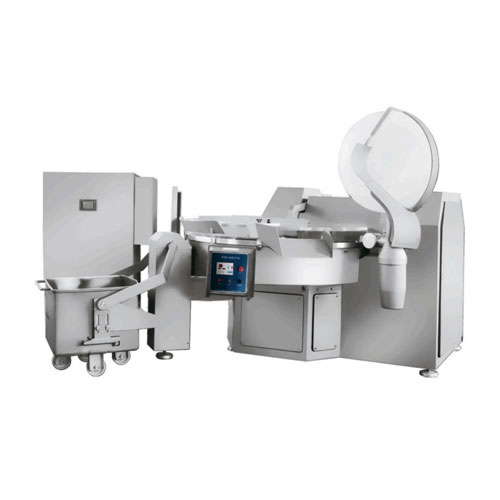
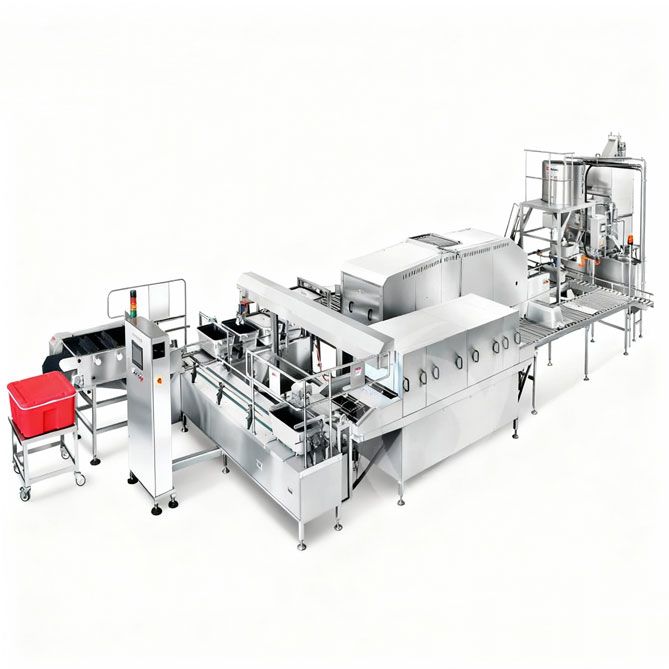
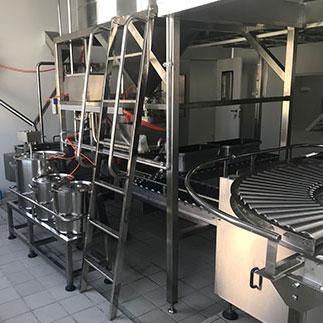 Cold Chain Rice Production Line
Cold Chain Rice Production Line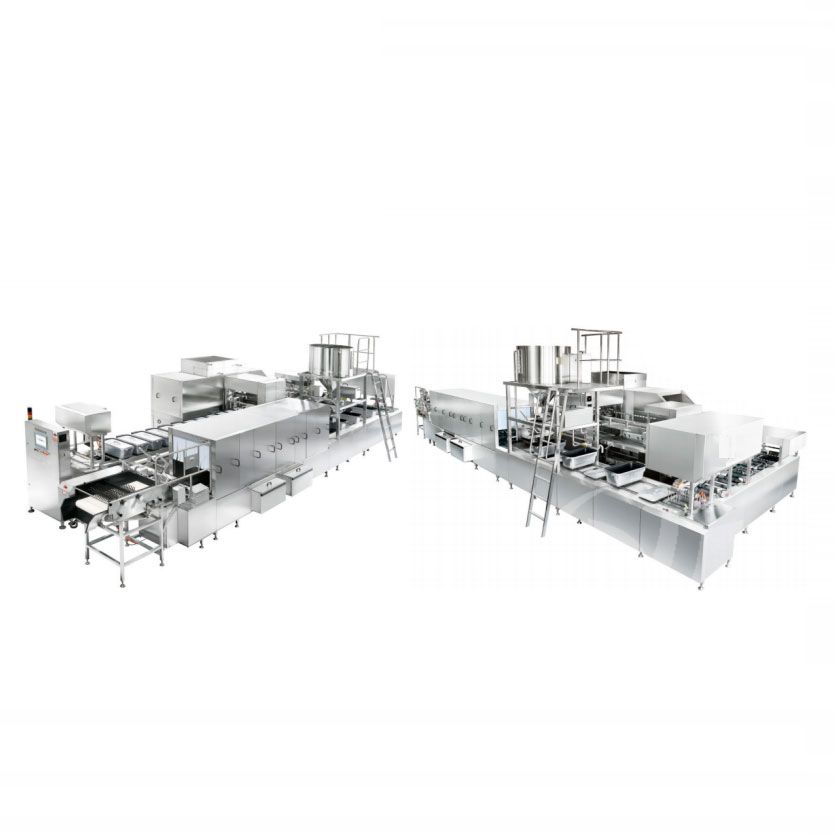 Unmanned Intelligent Rice Production Line
Unmanned Intelligent Rice Production Line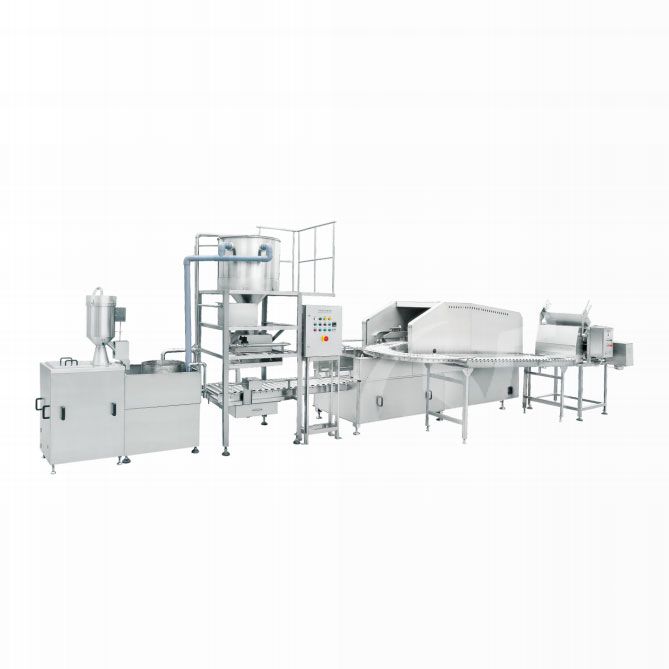 Automatic Rice Production Line
Automatic Rice Production Line
Ready to Get Started?